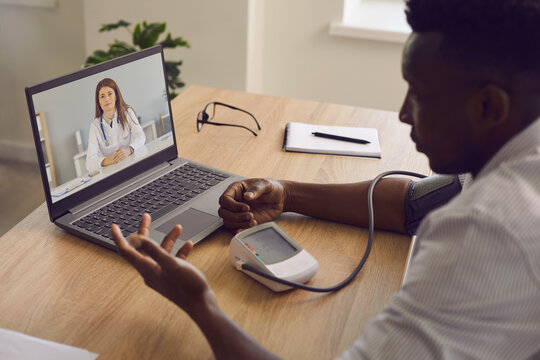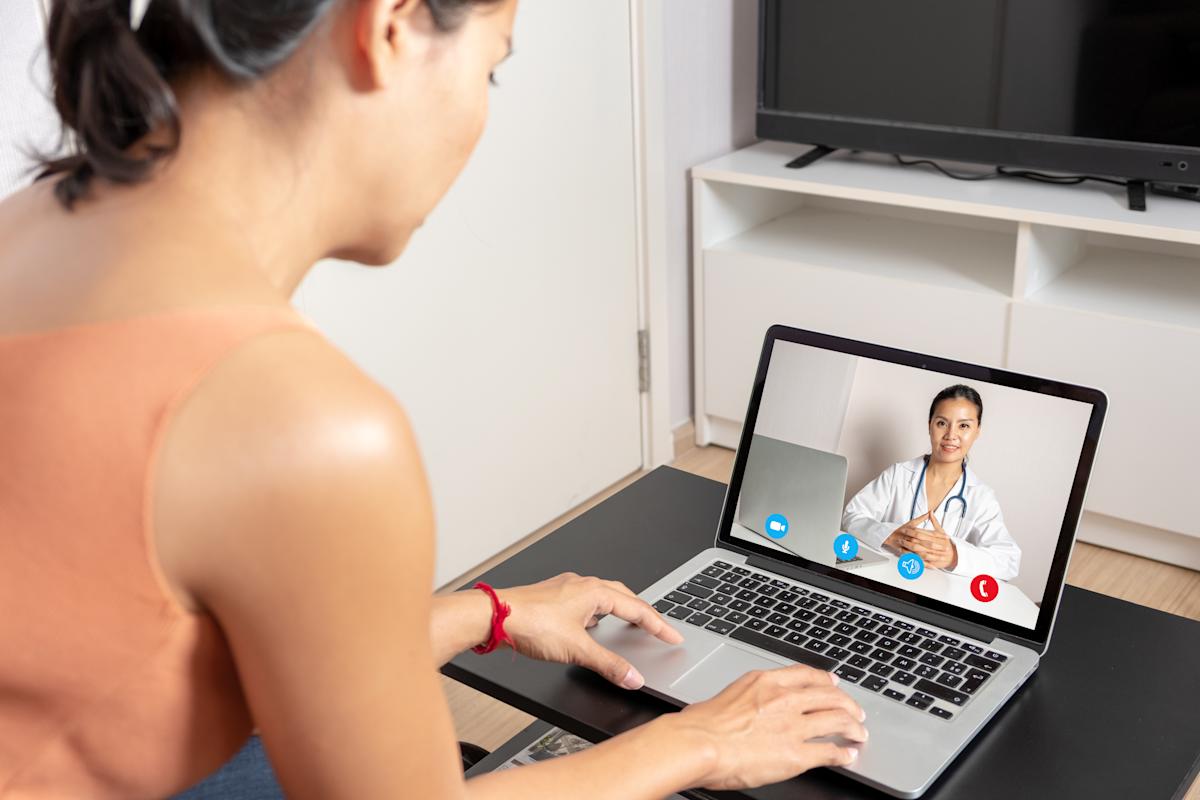A virtual medical personal assistant helps gastroenterologists with daily tasks. These assistants manage appointment scheduling, documentation, billing, and patient communication. Many doctors struggle to balance patient care with administrative work. A virtual assistant helps by handling non-clinical tasks. This allows doctors to focus more on patient treatment.
This blog explains how a virtual assistant for physicians supports gastroenterologists. It also covers how virtual assistant services for medical practice and virtual assistant healthcare improve clinic operations.

Why Gastroenterologists Need a Virtual Medical Personal Assistant
Gastroenterologists diagnose and treat digestive disorders. They perform procedures such as endoscopies, colonoscopies, and biopsies. Their workload includes consultations, follow-ups, and medical documentation. Managing all these tasks while ensuring quality patient care can be difficult.
A virtual medical personal assistant helps by handling routine tasks. It manages schedules, records, and communication. This reduces the doctor’s administrative workload.
Did You Know? The Rising Demand for Gastroenterologists
- The global gastroenterology market is expected to reach $65 billion by 2030.
- Colon cancer is the second leading cause of cancer-related deaths in the U.S. Early screenings help detect it.
- Doctors spend 16 hours per week on paperwork. A virtual assistant for physicians can help reduce this burden.
Key Responsibilities of a Virtual Medical Personal Assistant in Gastroenterology
A virtual medical personal assistant handles different administrative tasks. These tasks help doctors manage their workload more efficiently.
1. Appointment Scheduling and Patient Coordination
- Book and manage patient appointments.
- Send reminders to reduce missed visits.
- Schedule follow-ups after procedures and treatments.
2. Medical Transcription and Documentation
- Convert voice notes into structured patient records.
- Update Electronic Health Records (EHR) in real-time.
- Maintain accurate records to prevent insurance claim issues.
3. Insurance Verification and Billing
- Check patient insurance eligibility before procedures.
- Process medical billing and coding.
- Assist with insurance claims and reimbursements.
4. Patient Communication and Follow-ups
- Answer questions about diet, medications, and procedures.
- Provide post-procedure care instructions.
- Support virtual consultations for telemedicine services.
5. Data Entry and Report Generation
- Organize patient records for research purposes.
- Generate reports on treatment outcomes.
- Maintain records to comply with medical regulations.
How Virtual Assistants Improve Gastroenterology Practices
A virtual medical personal assistant helps doctors reduce administrative work. This improves efficiency and patient experience.
More Time for Patient Care
Doctors spend hours on paperwork and scheduling. A virtual assistant for physicians helps manage these tasks. This allows doctors to focus more on diagnosing and treating patients.
Lower Costs
Hiring a full-time assistant costs between $40,000 and $60,000 per year. A medical virtual assistant services provider offers similar support at a lower price. Many doctors save money by choosing virtual assistants instead of hiring additional staff.
Improved Patient Experience
Patients expect quick responses and easy scheduling. A virtual assistant healthcare service helps manage appointments, reminders, and follow-ups. This improves patient satisfaction.
Fewer Documentation Errors
Errors in documentation can cause delays in treatment and payments. A virtual medical personal assistant ensures accurate and updated records.
Did You Know? Virtual Assistants and AI in Gastroenterology
- AI-based virtual assistant services for medical practice reduce documentation time by 30%.
- More than 50% of telemedicine consultations in gastroenterology involve virtual assistants.
- AI-driven assistants help detect patterns in digestive diseases. This allows doctors to make faster decisions.

Best Practices for Using Virtual Assistants in Gastroenterology
1. Choosing the Right Virtual Assistant
- Decide if you need a human or AI-based assistant.
- Ensure that the assistant follows HIPAA and healthcare privacy laws.
2. Training for Gastroenterology Tasks
- Train the assistant in digestive health procedures and terminology.
- Set up responses for common patient questions.
3. Using Secure Platforms
- Use encrypted communication tools for patient data.
- Follow HIPAA guidelines for storing and sharing medical records.
4. Monitoring Performance
- Collect feedback from patients and staff.
- Adjust the assistant’s tasks based on performance.
How AI-Powered Virtual Assistants Help Gastroenterologists
AI-powered assistants perform important tasks in virtual assistant healthcare. These tools help improve patient care and record accuracy.
| AI Feature | Function in Gastroenterology | Benefits |
| Automated Scheduling | Manages patient appointments | Reduces missed visits |
| AI-Powered Medical Transcription | Converts voice notes into records | Saves time on documentation |
| Chatbots for Patient Queries | Answers common gastroenterology questions | Provides quick responses |
| Predictive Analytics | Identifies high-risk patients for conditions like IBS or colon cancer | Helps in early diagnosis |
AI-based assistants help doctors manage their workload. These tools also assist in early disease detection.
Future of Virtual Assistants in Gastroenterology
The demand for medical virtual assistant services is increasing. Experts predict that by 2030, most gastroenterology clinics will use virtual assistants for patient management.
Future developments include:
- AI-assisted endoscopy reporting for faster diagnoses.
- Voice-activated documentation for real-time record updates.
- Predictive healthcare analytics to detect digestive diseases early.
Gastroenterologists who use virtual assistant services for medical practice will see improvements in clinic management and patient care.
Frequently Asked Questions (FAQs)
1. How does a virtual assistant help a gastroenterology practice?
A virtual medical personal assistant manages scheduling, documentation, and billing. It also helps doctors communicate with patients.
2. Is a virtual assistant secure for handling medical data?
Yes. A virtual assistant for physicians follows HIPAA guidelines to protect patient records. It ensures compliance with medical data privacy laws.
3. How much does a virtual assistant cost for a gastroenterologist?
The cost depends on the type of assistant. Human virtual assistants charge between $500 and $3,000 per month. AI-based tools start at $50 per month.
4. Can a virtual assistant handle telemedicine for gastroenterologists?
Yes. A virtual assistant healthcare service can manage virtual consultations. It also assists with patient follow-ups and updates records.
5. What is the main benefit of using a virtual assistant in gastroenterology?
A virtual medical personal assistant helps doctors by handling administrative tasks. This allows them to focus on diagnosing and treating patients.
Conclusion
A virtual medical personal assistant helps gastroenterologists manage administrative work. These assistants schedule appointments, update records, and support patient communication.
With virtual assistant healthcare, doctors save time and reduce costs. Using medical virtual assistant services also helps improve organization and patient satisfaction. The future of gastroenterology will include more virtual assistants. Doctors who use these services will improve efficiency and provide better care.



